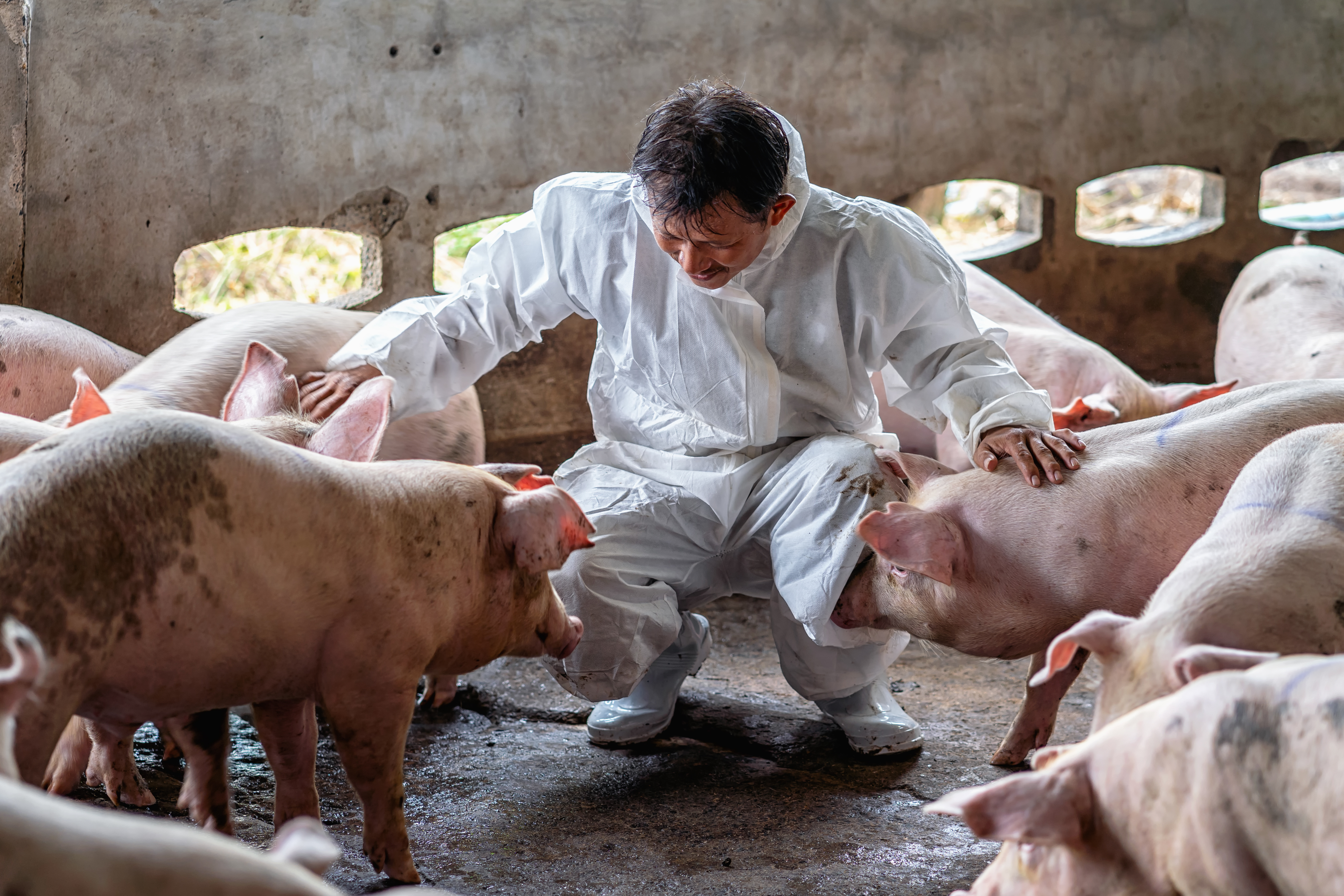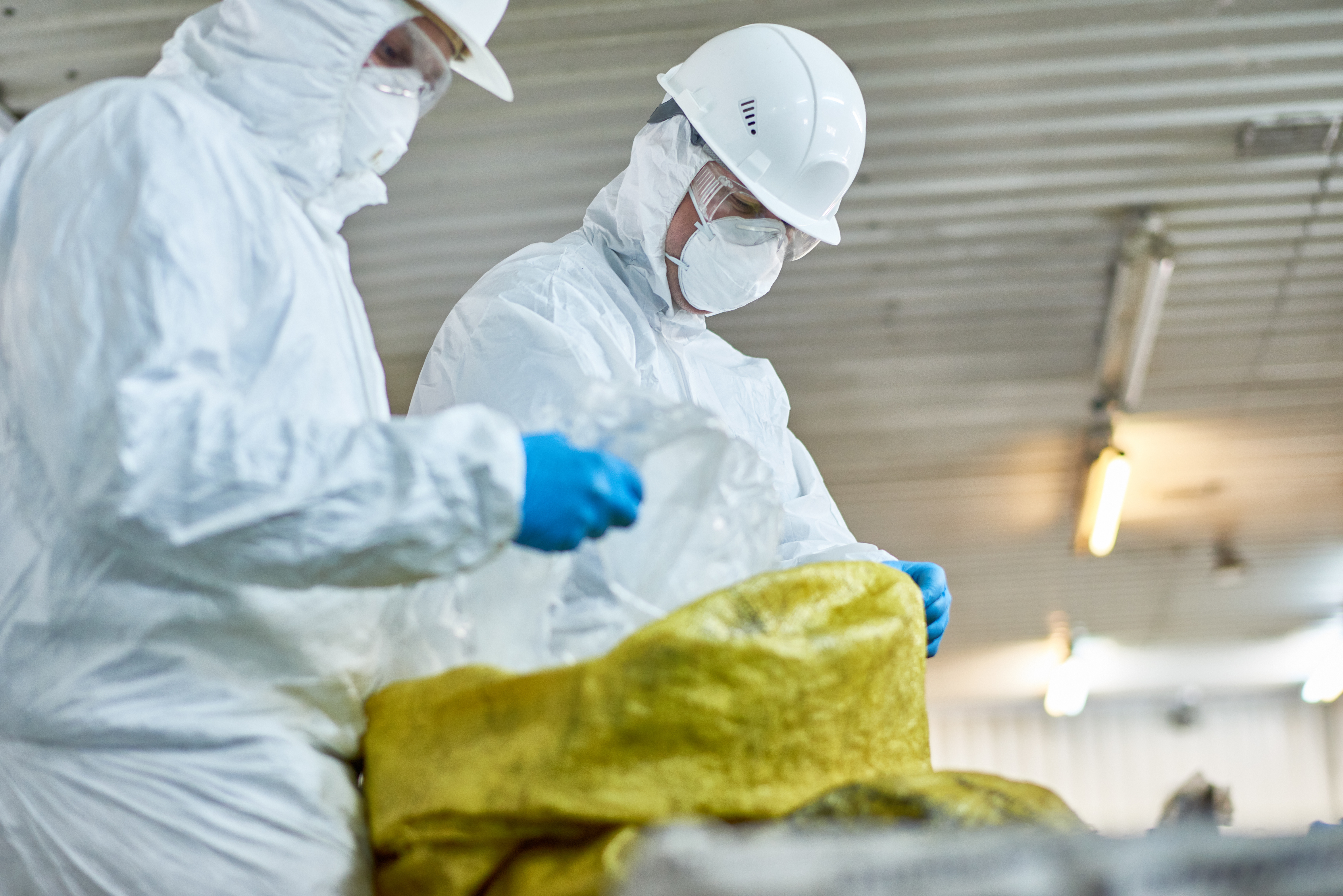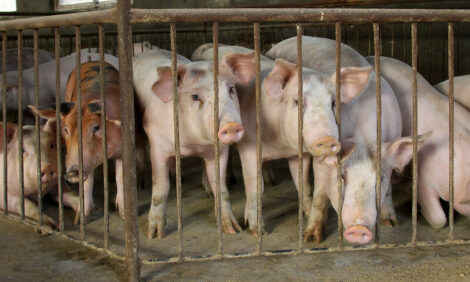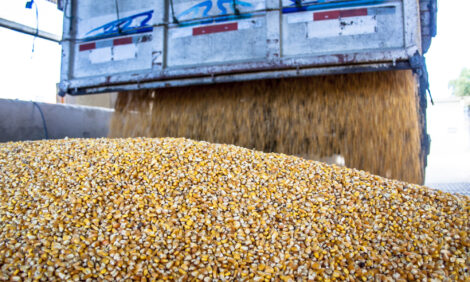



Building partnerships along the pig supply chain will help control the spread of ASF, says OIE
The OIE and FAO have created multiple forums where the public and private sectors can share their expertise in preventing the spread of African swine fever (ASF) and ways forward to control the deadly animal disease.Over the summer, more than 1,300 participants from 132 countries representing the public as well as the private sectors have registered to the global event “Stop ASF: public and private partnering for success ” to identify collaboration opportunities that can help better prevent and control the disease. Through this event, the importance of public-private partnership and the need for increased engagement of industry leaders were highlighted as key drivers for success.

Considered as one of the major global animal disease outbreaks of our generation, the current ASF crisis has generated millions of animal losses over the last number of years and has confiscated the livelihoods of families who depend on pig farming. While the disease poses no direct health risks to humans, it represents a barrier to the livestock sector to reach its full potential, generate employment and alleviate poverty.
When it comes to tackling ASF, public-private partnership stands as a key priority as the swine value chain not only includes pig keepers, but also those involved in the input supply, processing, marketing and trading, as well as consumption. Therefore, improved exchange of knowledge, increased awareness and trust among public and private stakeholders are crucial in implementing efficient and coordinated ASF control strategies.
The way forward for ASF Partnerships
A dedicated web platform was created for the event and will remain accessible until March 2022 to keep the momentum for strengthening ASF public and private partnerships. It displays all recordings from the live sessions and resource documents aimed to stimulate dialogue of different areas of work in controlling ASF, topics ranging from transversal public-private partnership concepts to their operationalisation by relevant sectors. FAO and OIE will further organize partnership events by theme and regions to make sure public and private sector stakeholders continue to collaborate and build longstanding working relationships.

While the travel restrictions in place due to COVID-19 have limited the spread of ASF, the current situation has hindered the capacity of veterinary services to address animal diseases. Yet, ASF remains a top priority for the partners of the Global Framework for the Progressive Control of Transboundary Animal Diseases (GF-TADs) and the different stakeholders who have engaged in the more than 150 activities and 18 webinars over the past year.
FAO and OIE continue to roll-out activities under the umbrella of GF-TADs and to combine global forces to strengthen animal health systems through the global initiative. Recently published, the first annual report for the Global Control of African swine fever fosters solidarity and cooperation between countries with varying experience and resources and highlights the progress achieved by showcasing some of the activities conducted to contain the spread of this devastating pig disease in 2020.






